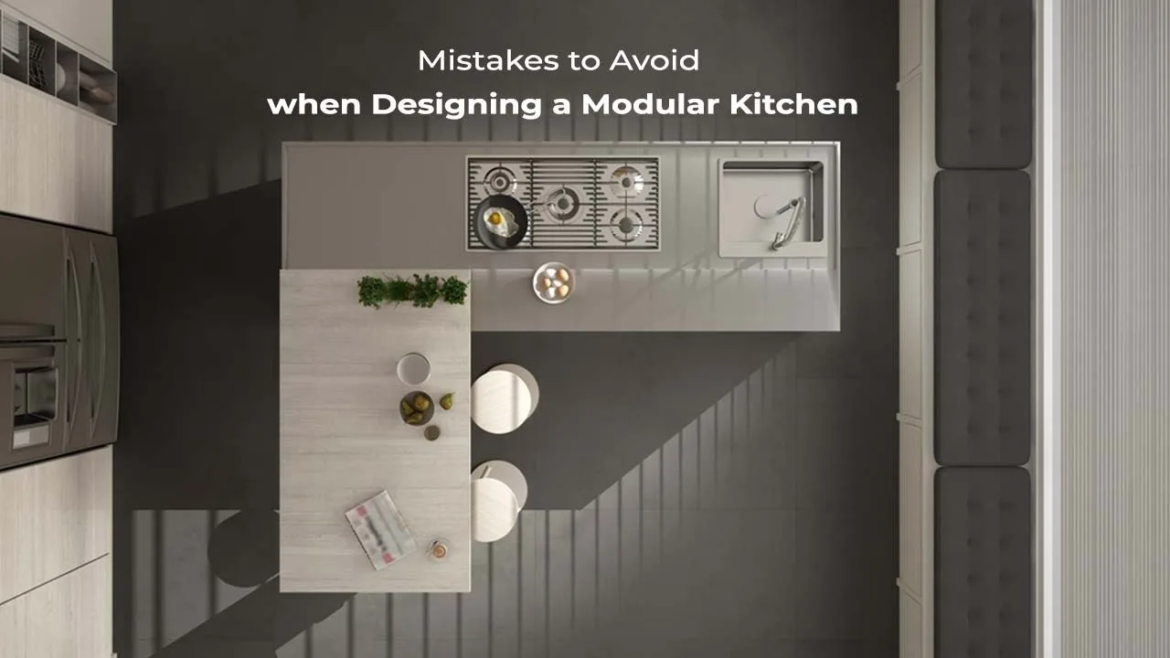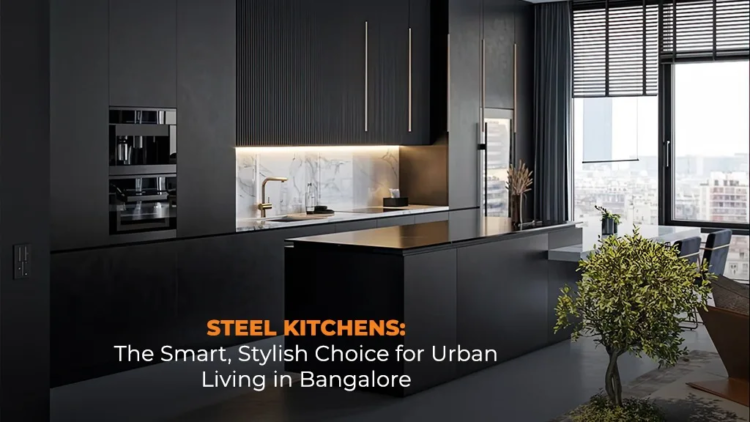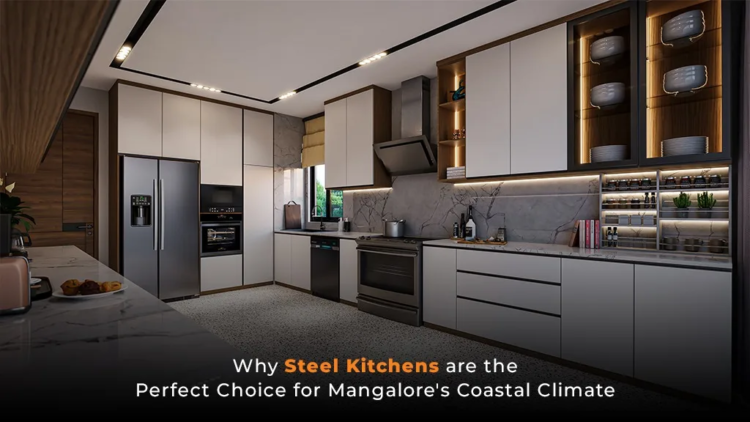Designing a modular kitchen can transform your cooking space into a functional and aesthetically pleasing environment. However, there are several common mistakes that homeowners often make during the planning and installation process. By avoiding these pitfalls, you can ensure your kitchen meets all your needs and stands the test of time. Tusker Steel Kitchen offers valuable insights into the best materials and practices for creating an efficient and durable modular kitchen, including the benefits of stainless steel 304 and budget-friendly alloy-coated steel (ACS).
1. Ignoring the Work Triangle
The work triangle, formed by the refrigerator, stove, and sink, is crucial for kitchen efficiency. Neglecting this layout can result in a cluttered and inconvenient space. Ensure your design allows easy movement between these key areas to streamline your cooking process.
2. Insufficient Storage
Underestimating storage needs can lead to a disorganized kitchen. Tusker Steel Kitchen recommends integrating a mix of cabinets, drawers, and shelves to keep your space tidy. Stainless steel 304 and ACS provide durable and stylish storage solutions that maximize space.
3. Choosing the Wrong Materials
Material selection impacts your kitchen’s durability and maintenance. Stainless steel 304 is celebrated for its corrosion resistance and strength, making it a top choice for modular kitchens. Tusker Steel Kitchen’s stainless steel 304 modular kitchens offer a sleek and robust design. Alternatively, alloy-coated steel (ACS) kitchens provide exceptional rust resistance and longevity at a more budget-friendly price, ideal for high-use areas without compromising on quality.
4. Overlooking Ventilation
Good ventilation is essential to maintain air quality and prevent lingering odors. Include a range hood or exhaust fan in your design to remove smoke and steam effectively. Tusker Steel Kitchen ensures efficient ventilation solutions in their designs, keeping your kitchen environment fresh.
5. Poor Lighting
Adequate lighting is crucial for both functionality and ambiance. Relying solely on ceiling lights can create shadows and hinder visibility. Incorporate task, ambient, and accent lighting to illuminate your kitchen effectively.
6. Failing to Plan for Future Needs
A well-designed kitchen should adapt to changing needs. Tusker Steel Kitchen suggests incorporating flexible elements like adjustable shelves and modular components. This approach ensures your kitchen remains functional as your requirements evolve.
7. Compromising on Hardware Quality
High-quality hardware is essential for longevity and functionality. Invest in premium hinges, drawer slides, and handles to ensure smooth operation and durability. Tusker Steel Kitchen uses top-tier hardware in their modular kitchens, ensuring lasting performance.
Advantages of Tusker Steel Kitchens
Tusker Steel Kitchen offers stainless steel 304 and ACS modular kitchens, each providing distinct benefits:
- Durability: Both materials are highly durable, corrosion-resistant, and capable of withstanding high temperatures.
- Hygiene: Non-porous steel surfaces are easy to clean, promoting a hygienic cooking environment.
- Aesthetics: Sleek and modern designs add sophistication to any home.
- Customization: Tusker Steel Kitchen offers tailored solutions to meet your specific needs and preferences.
- Cost-Effectiveness: Alloy-coated steel (ACS) kitchens are budget-friendly, providing a cost-effective option without compromising on durability and quality.
Conclusion
Designing a modular kitchen involves careful planning and consideration. By avoiding common mistakes such as neglecting the work triangle, underestimating storage, and choosing inappropriate materials, you can create a functional and beautiful kitchen. Tusker Steel Kitchen’s expertise in stainless steel 304 and alloy-coated steel (ACS) modular kitchens ensures a durable, stylish, and efficient kitchen that meets all your needs, offering both premium and budget-friendly options.




